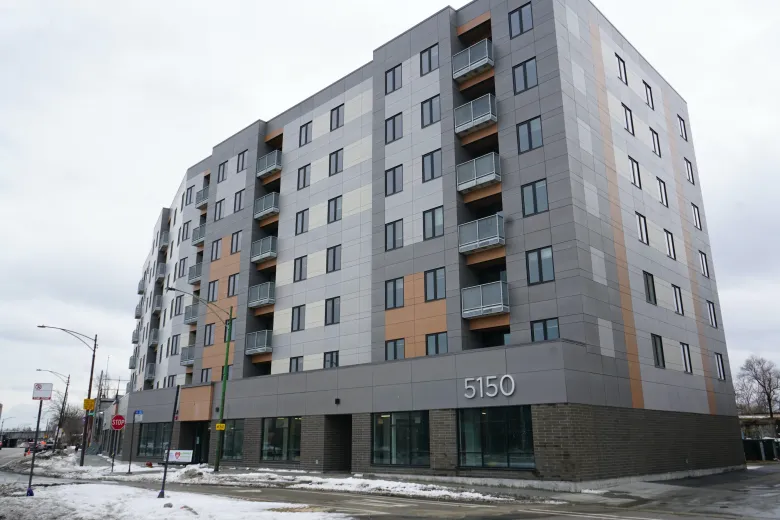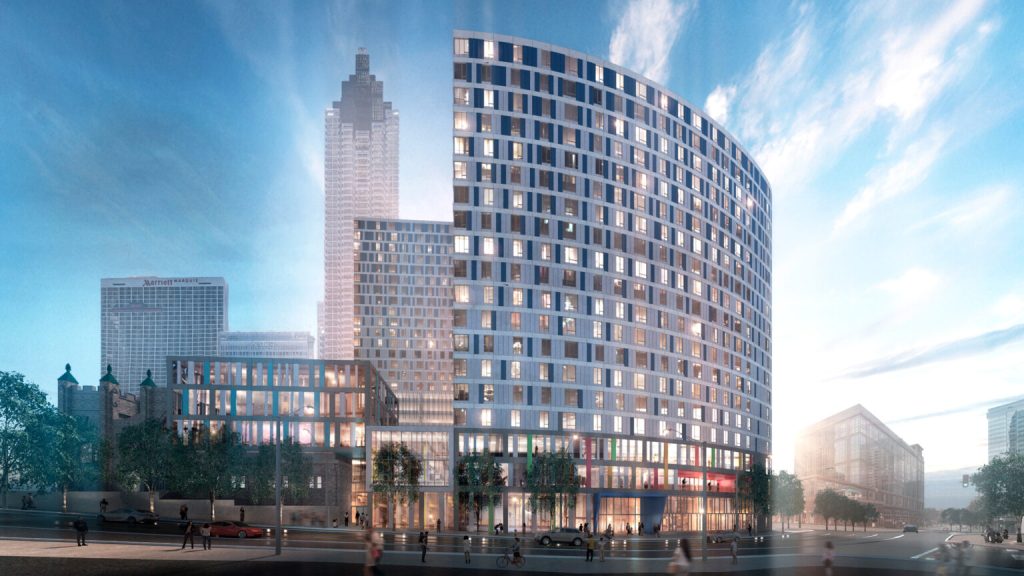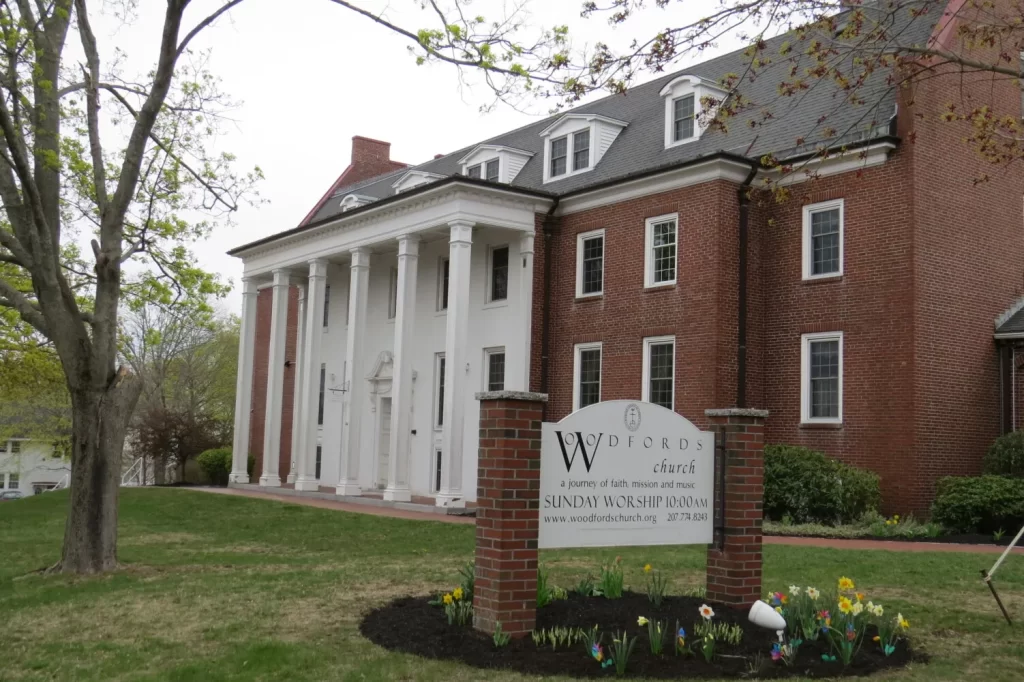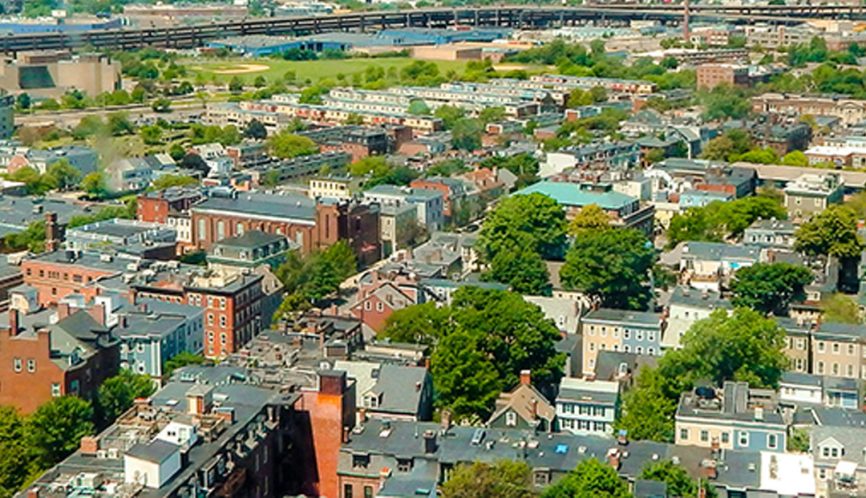Rev. Cameron Trimble
I suspect every generation of congregational leaders thought theirs was the most interesting age to be in ministry. They were wrong. This has to be the most interesting time to lead a congregation in human history. What hasn’t changed about our context in the past few years? Gone are the days when we lamented the phrase, “We have always done it that way.” Now we wonder what, if anything, we will carry forward into the future.
Thousands of congregational properties worth billions of dollars are sold or repurposed yearly. We are on the cusp of seeing a tidal wave of closures in the next 10 years as congregations age out and spend out their people and money.
For those of us shaped by the imagination of the generations who have gifted us our congregations today, we feel great heartbreak in the changes we see. These congregations have served us well and been places of inspiration, friendship, healing and hope for thousands. But many are not sustainable in their current configuration. They simply don’t have the people, energy, money or vision to continue on as they are.
Even in the face of grief, some congregations see this time as a great opportunity. These congregations are reimagining what being a “congregation” means in 2024 and leveraging their assets to explore new concepts. Here are some cool things happening through their courage:
Friendship Presbyterian Church, Chicago, Illinois
Paul Seebeck, Communications Strategist of the Presbyterian Mission Agency, tells their story:
Like some of its neighbors in Northwest Chicago, Friendship Presbyterian Church knows what it’s like to be on the move and without a home. Over the past decade, the congregation has worshiped at a train station and a storefront theater. In 2022, FPC moved into a new home, Friendship Community Place, as tenant, on the first floor of a new affordable housing project.

Managed and owned by Full Circle Communities, 5150 — named after its address on Northwest Highway — is a 75-unit mixed-income housing community for veterans, people with disabilities, seniors and families.
More than decade ago, Friendship formed when two Presbyterian Church (U.S.A.) congregations sold their buildings. The two churches had dwindling attendance and were disconnected from their neighborhood. Wanting to do something new, the congregations merged and leased space at the Norwood Park train station in Chicago for worship — right in the heart of their community.
Their pastor, Rev. Shawna Bowman focused on Friendship’s desire to become a source of hope and healing for the neighborhood — and on dreaming about what might come next. As members and friends formed relationships with people in their community, they began to see the systemic impacts of poverty, segregation and racism on their new friends and across the city.
Seeing the face of racism made the congregation even more resilient. They found worship space through a partnership with The Gift, a storefront theater. During this time, Friendship began to advocate for an affordable housing building in the neighborhood.
When the idea was first proposed to build 5150 in their neighborhood, hundreds came out in opposition. According to media reports, much of the debate was racially charged.
Amid the rancor surrounding racism and poverty, Bowman helped form Neighbors for Affordable Housing, organizing and helping people to understand how desperately affordable housing was needed in their community.
“At first, a large number of neighbors didn’t want it,” Bowman said. “So, there was a lot of education we did in the community.”
When the affordable housing developer of 5150 told Bowman the developer wanted Friendship Church on the first floor in commercial space they were leasing out, Bowman was concerned about the opposition to affordable housing and the resistance to anti-racism efforts.
But the congregation decided together that it was worth the risk of opposition to build on the partnership — and draw on their invested resources to do so. Construction on the 5150 property began in January 2020 and they moved in to their new space in 2023.
“It’s nothing short of a miracle and the hard work of local organizers that this finally happened,” Bowman said. “The intangible is finally becoming tangible.”
Atlanta First United Methodist Church, Atlanta, GA
Atlanta First United Methodist Church, distinguished by its impressive Gothic Revival architecture in the Downtown area, is in the process of obtaining permits for the initial stage of of a bold new multi-purpose development. This phase encompasses 170 housing units, two schools – one specifically for homeless children, retail spaces, and a community gathering hall, as detailed in an email by the lead pastor, Rev. Jasmine R. Smothers.
The housing component of the project will span 20 floors, with approximately 85% of the units designated as affordable. This will encompass a range of affordability levels tailored for households earning 30% to 80% of the area median income, as explained by Pastor Smothers.

Atlanta First United Methodist has been nurturing the vision for this project over the course of several years. In 2019, the church announced the release of a request for proposals, aiming to actualize a “God-size vision” for affordable housing and community spaces in the Downtown area. Subsequently, the church chose Chicago-based Evergreen Real Estates Services as the developer, along with architecture firms Moody Nolan and Goode Van Slyke in the same year.
Since 1903, Atlanta First United Methodist Church has stood on Peachtree Street. This historic landmark, crafted by the renowned architect Willis F. Denny, is proudly listed on the U.S. National Registry of Historic Places.
Click here to read more.
Woodfords Congregational Church and Woodfords Senior Housing, Portland, Maine
After many thoughtful years of discernment, in 2019 a church task force recommended the sale of the nearly 100-year-old, three-story parish house of Woodfords Congregational Church to the Community Housing of Maine. The proposal involved converting both the existing space and a new addition in the back into 57 residences tailored for low-income seniors.
Rev. Alyssa Lodewick noted this decision marked a moment of new opportunity for Woodfords, emphasizing the need for the congregation to discern how to best utilize the space in responding to “God’s ever-present call to minister not only to our faith community but the wider world.” The congregation, facing challenges, particularly in maintaining the 44,000 square feet of space at 202 Woodford St., moved forward with this transition.
Growing costs and a shrinking congregation forced the church to consider the future. The committee explored various options, including selling and leasing space back, selling and relocating, selling only the parish house, finding a nonprofit to take over day-to-day operations, or maintaining the status quo.

Ultimately, the group unanimously recommended selling the parish house. In the proposed arrangement, the congregation retained ownership of the sanctuary, built in the mid-1950s, the chapel, and the memorial garden. Access to common spaces in the parish house, such as Memorial Hall, the kitchen, parlor, and lounge, were also retained.
The congregation worked with the Community Housing of Maine. “CHOM is very humbled and thrilled to be a partner of the Woodfords congregation,” said Brian Kilgallen, CHOM’s director of development. “We believe our missions align and both organizations want to promote good within the community. CHOM’s role is to preserve this multipurpose iconic landmark while creating some much-needed affordable housing for seniors.”
Click here to read more.
If your congregation is ready to explore new ideas for its future, we invite you to consider working with Convergence in strategy design and planning. To learn more, contact us.


